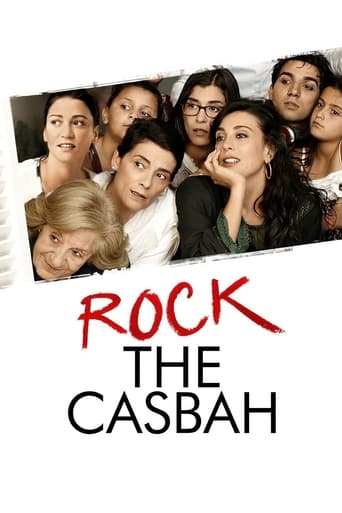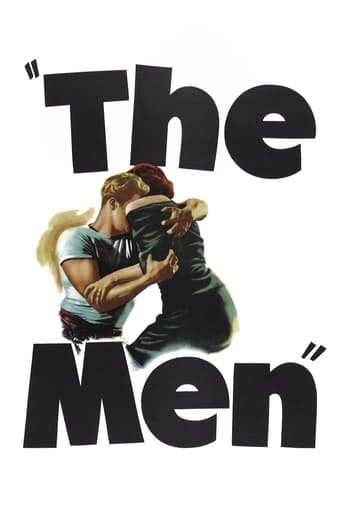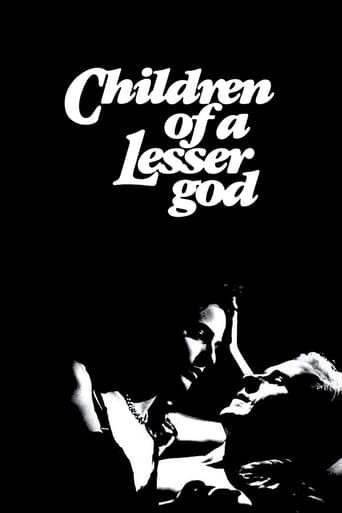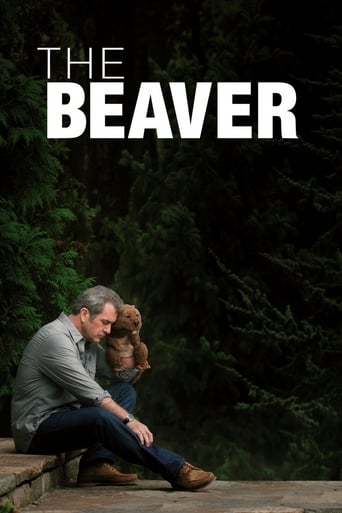
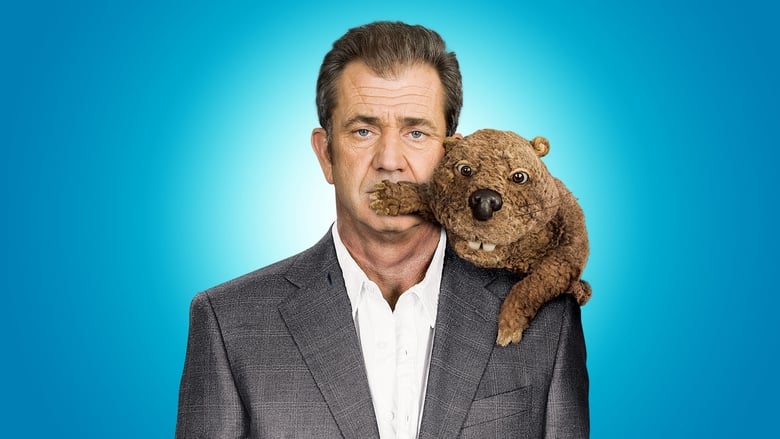
 Watch Now
Watch Now






The Beaver (2011)
 Watch Now
Watch Now






Suffering from a severe case of depression, toy company CEO Walter Black begins using a beaver hand puppet to help him open up to his family. With his father seemingly going insane, adolescent son Porter pushes for his parents to get a divorce.
Watch Trailer
Cast


Similar titles
Reviews
Did you people see the same film I saw?
Absolutely brilliant
This movie was so-so. It had it's moments, but wasn't the greatest.
The first must-see film of the year.
If you boil "The Beaver" down to its essence, it is a movie about depression. Had the film focused on that singular issue, I think it would have been a much clearer overall experience. Instead, things never quite seemed to come together in support of that goal.For a basic plot summary, "The Beaver" tells the story of Walter Black (Mel Gibson), a man suffering from crippling depression. When wife Meredith (Jodie Foster) finally cuts ties with him, Walter is on the verge of suicide...until a beaver puppet plucked from a trash heap begins talking to him. Walter adopts the "Beaver" persona and seems to be turning his life around. But, is it real change or just a sham? Concurrent to this main plot, Walter's son Porter (Anton Yelchin) is struggling with similar issues of his own, both inflamed and helped by a new relationship with fellow HS student Norah (Jennifer Lawrence).The problem with "The Beaver" is quite easy to identify (some spoilers here): the stuffed beaver component that makes up the core of the film is never really explained. Why does Walter pick up the puppet to begin with? Why does it start talking? How does that alternate personality help Walter cope with his depression? None of those questions are answered over the course of the movie. There is a great speech around the midpoint of the movie where Walter/Beaver talks about "breaking out of the box" and "getting a fresh start". That was the only scene in the entire film where I started to get a sense of what director Jodie Foster was trying to convey. Other than that, however, everything else is so vague in how things are supposed to fit together.The subplot featuring Yelchin & Lawrence is plagued by a similar disconnect. Both young actors have great chemistry with each other, but I just never understood how that angle was supposed to sync up to set up the ending (which I won't disclose here).Thus, despite the fact that I think movies about depression (still very much a taboo topic in many circles) can be very powerful, "The Beaver" just never gets near that point. A concept this odd needs to be explained, and the filmmakers chose not to do it. As such, it was difficult to connect the dots in how the narrative is supposed to create emotion and make viewers care.
This didn't work for me on any level. Dark, sad and uninteresting, I couldn't find sympathy for any of the characters involved here.The Beaver has a bit of an "American Beauty" vibe to it (except its not funny or clever) Following a depressed father and businessman through the grips of mental illness. After his wife kicks him out and he fails a suicide attempt, he begins communicating through a beaver puppet that ultimately takes over his life.This didn't work for me as a dark comedy either, about the only good thing I can say is that Mel's cockney accent (impersonation of Michael Cain) through the puppet is well done, as was his portrayal in general because this must have been a difficult role to play. Still not enough to save this for me though.Great cast here but Mel has zero chemistry with Jodi Foster who plays his wife and I was super surprised to see Jennifer Lawrence in one of the secondary roles involving the teenaged son (Anton Yelchin) but that side story was meh too.. 05.27.14
The story centers around deep, clinical depression, even touching on suicidal tendencies and self-injury, and how serious depression can erode not only an individual, but also a family. This is really serious stuff... and yet, when a guy is talking through a beaver puppet, one can't help but giggle, even when something really heavy is happening. As a viewer, that's really awkward and uncomfortable. I enjoy dark comedies, but there was something too deranged about this dramedy's comic element; it was often so awkward, that it made me feel totally disconnected from the seriousness of film. The overwhelming and demented humour of Mel Gibson with a cockney beaver hand puppet really does overshadow the dramatic and serious core of the story. This, dear reader, is a big problem, and the biggest reason why I didn't score this film higher than a 6.The other big reason why it doesn't deserve a higher score is: There's something overly reminiscent of American Beauty here. Although The Beaver is "different", and quite weird, I can't say it's unique. The side-story of the son and his love interest smells so much like American Beauty, it's even a bit boooo worthy.There is, however, great acting, from all members of the cast. I may find Gibson distasteful as a person, but he is, as this movie clearly proves, capable of being an excellent actor. His cockney accent, in particular, is fantastic, as is his masterful deadpan. Anton Yelchin (who plays Ensign Chekov in the Star Trek reboot films) is a surprisingly capable young actor. I hope to see more dramatic work from him in the future.Foster is an exceptional director, and since she rarely comes out of hiding, it's really a shame that Gibson's personal life scandals tanked the promotion and theatrical distribution of this film (it cost 21 million dollars to make, and didn't even earn 1 million at the box office . . . ouch!)If you like "weird and heavy" stories, and movies about dysfunctional family dynamics, and you have a bizarre and/or unconventional sense of humour, then this movie is for you!
It is about Walter Black, who copes with depression by speaking in a Cockney accent through a beaver hand puppet that he affixes to his left hand and leaves on at all times-whether Walter is in the shower, at the office or having sex. The movie's name and plot generate all sorts of connotations, and none of them suggest what the film actually is: A delicately told, insightful drama about metal illness that stand as one of the biggest, best surprises of 2011.Something that was not a surprise, however, is how few people found out first-hand what an unexpected marvel they were overlooking. Aside from its name and subject mater, The Beaver had another major road block in its box office outlook: Mel Gibson. So much of an actor's career relies on likability, and the Oscar-winning actor did not help himself in that department by having numerous, widely-covered incidents that suggest he is an angry, homophobic Anti-Semite. Those characteristics have made some people want to have nothing to do with him of his work, no matter what the movie.If people are ever willing to give Gibson another chance on-scree, The Beaver is the time to do it. Gibson gives on of his best performances as Walter, who opens the movie floating on a raft in a pool but does not look relaxed. Walter looks drained. This is not a man who has thrived in the two years he has worked as head honcho of his dad's toy company, since his father's suicide. He has been worn down by a job for which he was ill-prepared and that has driven him to a state of depression which has alienated his sons Porter and Henry, and left his wife Meredith wondering if the man she loves will ever return to the way he used to be. Cue the title character, a hand puppet that Walter spots in a dumpster, and, for whatever reason, feels compelled to pick up and put on his hand. It does not stop Walter from trying to hang himself from a shower rod in a hotel after he leaves his house, but, after that suicide attempt doesn't work, Walter's attempt to jump from his hotel balcony is thwarted when the beaver talks to him. Of course, that is Walter talking for the beaver, who, in the aforementioned accent, tell Walter that he is here to save his "god-damn life." Foster's direction and Kyle Killen's script treat this very unusual situation with exactly the right tone: What begins with the slightest bit of humour, as Walter cheerfully speaks only through the beaver and Henry delights in spending time with both, quickly becomes far more serious and urgent as the family accepts that this is really happening. Some mild comfort comes from the index card that Walter provides, explaining that the beaver is actually a prescription puppet as recommended by a mental health professional in order to establish a psychological distance between Walter and negative aspects of his personality. Too bad the card is a lie, and Walter actually has not been to see a doctor in more than a year.As all of this is happening, Porter continues to chart all the ways in which he is like his father in an effort to then eliminate them from his life. While many teenagers feel detached from and annoyed by their parents, Porter hates his father for the things that Porter hates about himself. The adds even more weight to Walter's struggle to regain his mental health and perhaps reestablish a bond with his firs-born. Until the, Porter is occupied by his commissioned task to write a graduation speech for the valedictorian Norah, who feels she does not know what to say or how to say it. The fact that she is beautiful increases Porter's interest in helping her, even though she also agrees to pay him $500 for the job. Though some viewers may doubt the progression of Porter and Norah's relationship, it is actually an intelligently crafted dynamic between a girl with bottled-up emotions and a guy who is bold and articulate enough to help her release a huge weight from her shoulders.Perhaps it is a stretch that Henry's excitement about the beaver inspires Walter to develop a new, company-saving kid's toy, which in reality might not even be moderately successful. Walter's colleagues' lack of protest about their boss' new style also seems far-fetched. The achievement of The Beaver, however, is not necessarily in crafting an air-tight realistic story. It is about chronicling the way that depression eats away at the self and that person's support system-this is reiterated in that the Blacks' house is literally falling apart, a metaphor that is a bit too obvious. One of the reasons depression can be hard to recognise is the same reason it is hard to portray on screen: This is an illness that is very hard to identify based on physical changes. Yet Gibson and the film dare to acknowledge the anguished emptiness that comes from depression and the lack of easy answers. Meredith tells Walter she needs to know that his old self is going to come back, and she even shows him photos of their 20th anniversary dinner to try to help him remember how happy their lives used to be. The beaver, dressed in a tiny, custom-made tuxedo of his own, is not having it. He reminds Meredith that Walter does not have amnesia, he has depression. It is a sickness that can not be fixed by flipping a switch, but it is one that can be better understood through daring films like The Beaver, whose blissful last scene is a fantasy of the way a person with mental illness, or a person who loves a person with mental illness, dream their lives might someday be again.






